It is said time and again that future wars will be fought over water with supply limited on Earth. India and Pakistan are no exception either.
Nearly 62 years have passed since the Indus Water Treaty was signed between India’s then Prime Minister Pandit Jawahar Lal Nehru and Pakistani Military dictator General Ayub Khan on September 19, 1962.
At that time, no one thought about equality, no one thought about the future requirements, and no one was bothered about the fate of Indian people. As a result, we got a binding treaty which is detrimental to Indian Interests. It is said time and again that the future wars will be fought over water as the supply of fresh water on Earth is limited. India and Pakistan are no exception either.
As per the treaty, the rivers were divided in two groups. Eastern Rivers were Beas, Ravi and Sutlej, whose water was exclusively for Indian use while water of three western rivers – Indus, Chenab, and Jhelum – was meant for Pakistan. However, India was at liberty to construct projects on these rivers under the provisions of the treaty.
Over last several decades, due to some reasons or lack of political will, India did not utilise its share optimally. This resulted in widespread crop losses and draught-like situations in Jammu and Kashmir, Punjab, and Rajasthan several times.
Since Pakistan too was getting much more than its desired share, it never complained, and things were smooth. India not only allowed a huge quantity of water to flow through eastern Rivers into Pakistan but also did not construct projects on any of the western rivers. Thus, Pakistan was happy and there was no hue and cry over the treaty in the initial days.
So, when India started utilising its share of water and construction of various projects on the river started in Jammu and Kashmir, Pakistani concern was inevitable. Pakistan got so irked that it started protesting aggressively on international forums for such projects despite knowing that these are well within the purview of the treaty and since the treaty is bilateral, raising the matter on international platforms is a futile effort.
Since then, there have been several meetings of the Indus Water Commission in recent past and the latest 118th meeting of the commission is being held on May 30 and 31, 2022 at Delhi for which a five-member senior Pakistani delegation has already reached India.
Although both the countries are carrying the burden of this treaty, a big question arises now. Is the treaty still relevant? Can blood and water flow together? And is India free to walk out of the treaty at its will? Let us have some points to understand this.
- Unequal share of water: At the first instance, the treaty was unequal. If we take the total flow of water through these rivers (both eastern and western) and their distribution of water, Pakistan got a whooping 81% while India got a mere 19% share of water. Not only this, since all the rivers were flowing in Pakistan and India lacked the desired infrastructure to hold even this 19% of water of its own share, it allowed nearly 40-50% of this water too to flow into Pakistan which benefitted our western neighbour. In present times, to utilise its share well, India not only constructed projects in Jammu and Kashmir but also started construction of three projects (Shahpur Kandi, Ravi Beas Link & Ujh River Project) to hold the excess water flowing in eastern rivers. However, the net distribution of water in the treaty is not fair and hence warrants an abrogation of this treaty. Not only this, as per the provisions of the treaty, India had rights to store 3.6 million Acre Feet (MAH) water in western rivers but was hardly utilising 20% of it. Now when India started the construction of various hydropower projects in Jammu & Kashmir as per the rights given in the treaty, Pakistan is creating unnecessary ruckus over the issue.
- Binding nature of the treaty and provision of withdrawal: Indus water treaty is a bilateral treaty where none of the international bodies like United Nations were involved. Although it was brokered/ negotiated by World Bank, its role is not relevant anymore. Despite unilateral withdrawal of any of the party from the treaty is not allowed under normal circumstances, it allows a country to withdraw in case another country violates the provisions. Over the years, due to the provisions of not using water of western Rivers, people of Jammu and Kashmir faced widespread shortage of water resulting in crop damage and other issues. The impact was so that in 2003, Jammu and Kashmir Assembly passed a resolution to abrogate the treaty. As the treaty is bilateral, India walking out of it will not have any international implications. At max, it can attract some criticism and condemnation and that is the biggest fear of Pakistan.
- Terrorism: India has been a victim of terrorism from Pakistan and suffered worst in last three decades. Pakistan, where terrorism is taken as a state policy, has been using it to wage war against India and situation was so bad that in 2016, Indian Prime Minister Narendra Modi said, “Blood and Water can not flow together”. India tried its best to control the terror menace from Pakistan but there is no relief. Attack on Indian Parliament in 2001, 26/11 attacks on Mumbai, Uri in 2016 and Pulwama in 2019 are few examples of Pakistan sponsored terrorism in India and as per Vienna Convention on the Law of Treaties (1969), India has full right to withdraw from this treaty. However, every time we were attacked, our leadership chose not to do so. This was the past but the possibilities of India abrogating the treaty in the future can not be ruled out.
- Pakistan violated it first: As per the provisions of treaty, the end point of the river is important and in the case of Indus River, the end point is in Indian territory in Run of Kutch where its tributaries re-enters India from Pakistan. Ideally Pakistan should not have constructed any projects in this area but during 1987-1997, it constructed Left Bank Outfall drain project (LBOD) in Ghotki district of Pakistan with the financial help of World Bank thus clearly violating Article IV (10) of Indus Water Treaty by both Pakistan and the world Bank. This LBOD is discharging saline water full of industrial waste into Indian territory which is not only causing floods but also degrading our lands. Not only this, when India started construction of Kishanganga Hydro Power Project to utilise its share of 3.6 MAH of water storage, Pakistan in Nov 2016, started shelling on the main dam from its territory. It is a clear violation of the treaty and under such circumstances, India gets absolute rights to abrogate the treaty as it has already been violated by Pakistan.
Indus Water treaty has been an old burden on India which was based on unequal distribution of share and bounded by provisions which lack relevance now. Moreover, due to lack of far-sightedness of our past leaders, things became complicated and Pakistan is fighting for the rights which were never allocated to it. Provisions of the treaty envisages its modification from time to time as per the requirements but that too did not happen as a result of which India was the worst sufferer. India has strong reasons to walk out of this treaty and that is the need of the hour too. Under all circumstances, the treaty is no longer relevant and should be abrogated.
The author is a veteran from Armed Forces. He is a known Defence Strategist with keen interests in international affairs, maritime security, terrorism and internal security.
(Disclaimer: The views expressed above are the author's own and do not reflect those of DNA.)
READ | Jammu and Kashmir: Drone loaded with magnetic bombs, grenades shot down in Kathua
![submenu-img]() Delhi-NCR weather update: Rain in parts of Delhi, Noida after record heat
Delhi-NCR weather update: Rain in parts of Delhi, Noida after record heat![submenu-img]() Hardik Pandya finally breaks silence amid divorce rumours with Natasa Stankovic
Hardik Pandya finally breaks silence amid divorce rumours with Natasa Stankovic![submenu-img]() Watch viral video: 17 cars gutted as fire erupts at parking lot in Delhi
Watch viral video: 17 cars gutted as fire erupts at parking lot in Delhi![submenu-img]() Explained: Why MS Dhoni cannot apply for India head coach job
Explained: Why MS Dhoni cannot apply for India head coach job![submenu-img]() Nargis, Bina Rai, Suraiya rejected this role, chosen actress refused Filmfare Award; film became classic, is based on...
Nargis, Bina Rai, Suraiya rejected this role, chosen actress refused Filmfare Award; film became classic, is based on...![submenu-img]() RBSE 10th Result 2024: Rajasthan Board Class 10 results to be out today; check time, direct link here
RBSE 10th Result 2024: Rajasthan Board Class 10 results to be out today; check time, direct link here![submenu-img]() Meet Indian genius who founded India's first pharma company, he is called 'Father of...
Meet Indian genius who founded India's first pharma company, he is called 'Father of...![submenu-img]() DU Admission 2024: Delhi University launches admission portal to 71000 UG seats; check details
DU Admission 2024: Delhi University launches admission portal to 71000 UG seats; check details![submenu-img]() Meet IAS officer, who became UPSC topper in 1st attempt, sister is also IAS officer, mother cracked UPSC exam, she is...
Meet IAS officer, who became UPSC topper in 1st attempt, sister is also IAS officer, mother cracked UPSC exam, she is...![submenu-img]() Meet student who cleared JEE Advanced with AIR 1, went to IIT Bombay but left after a year due to..
Meet student who cleared JEE Advanced with AIR 1, went to IIT Bombay but left after a year due to..![submenu-img]() DNA Verified: Did Kangana Ranaut party with gangster Abu Salem? Actress reveals who's with her in viral photo
DNA Verified: Did Kangana Ranaut party with gangster Abu Salem? Actress reveals who's with her in viral photo![submenu-img]() DNA Verified: New Delhi Railway Station to be closed for 4 years? Know the truth here
DNA Verified: New Delhi Railway Station to be closed for 4 years? Know the truth here![submenu-img]() DNA Verified: Did RSS chief Mohan Bhagwat praise Congress during Lok Sabha Elections 2024? Know the truth here
DNA Verified: Did RSS chief Mohan Bhagwat praise Congress during Lok Sabha Elections 2024? Know the truth here![submenu-img]() DNA Verified: Is CAA an anti-Muslim law? Centre terms news report as 'misleading'
DNA Verified: Is CAA an anti-Muslim law? Centre terms news report as 'misleading'![submenu-img]() DNA Verified: Lok Sabha Elections 2024 to be held on April 19? Know truth behind viral message
DNA Verified: Lok Sabha Elections 2024 to be held on April 19? Know truth behind viral message![submenu-img]() Avneet Kaur shines in navy blue gown with shimmery trail at Cannes 2024, fans say 'she is unstoppable now'
Avneet Kaur shines in navy blue gown with shimmery trail at Cannes 2024, fans say 'she is unstoppable now'![submenu-img]() Assamese actress Aimee Baruah wins hearts as she represents her culture in saree with 200-year-old motif at Cannes
Assamese actress Aimee Baruah wins hearts as she represents her culture in saree with 200-year-old motif at Cannes ![submenu-img]() Aditi Rao Hydari's monochrome gown at Cannes Film Festival divides social media: 'We love her but not the dress'
Aditi Rao Hydari's monochrome gown at Cannes Film Festival divides social media: 'We love her but not the dress'![submenu-img]() AI models play volley ball on beach in bikini
AI models play volley ball on beach in bikini![submenu-img]() AI models set goals for pool parties in sizzling bikinis this summer
AI models set goals for pool parties in sizzling bikinis this summer![submenu-img]() DNA Explainer: Why was Iranian president Ebrahim Raisi, killed in helicopter crash, regarded as ‘Butcher of Tehran’?
DNA Explainer: Why was Iranian president Ebrahim Raisi, killed in helicopter crash, regarded as ‘Butcher of Tehran’?![submenu-img]() DNA Explainer: Why did deceased Iranian President Ebrahim Raisi wear black turban?
DNA Explainer: Why did deceased Iranian President Ebrahim Raisi wear black turban?![submenu-img]() Iran President Ebrahim Raisi's death: Will it impact gold, oil prices and stock markets?
Iran President Ebrahim Raisi's death: Will it impact gold, oil prices and stock markets?![submenu-img]() Haryana Political Crisis: Will 3 independent MLAs support withdrawal impact the present Nayab Saini led-BJP government?
Haryana Political Crisis: Will 3 independent MLAs support withdrawal impact the present Nayab Saini led-BJP government?![submenu-img]() DNA Explainer: Why Harvey Weinstein's rape conviction was overturned, will beleaguered Hollywood mogul get out of jail?
DNA Explainer: Why Harvey Weinstein's rape conviction was overturned, will beleaguered Hollywood mogul get out of jail?![submenu-img]() Nargis, Bina Rai, Suraiya rejected this role, chosen actress refused Filmfare Award; film became classic, is based on...
Nargis, Bina Rai, Suraiya rejected this role, chosen actress refused Filmfare Award; film became classic, is based on...![submenu-img]() Meet Shah Rukh Khan, Akshay Kumar’s heroine, who gave 19 flops in 14 years, quit films; now runs India’s first…
Meet Shah Rukh Khan, Akshay Kumar’s heroine, who gave 19 flops in 14 years, quit films; now runs India’s first…![submenu-img]() Meet actress, who lost films to star kids, was insulted by on shoot; later worked in biggest Indian film, is worth...
Meet actress, who lost films to star kids, was insulted by on shoot; later worked in biggest Indian film, is worth...![submenu-img]() Jitendra Kumar says there is scope for multiple seasons of Panchayat, opens up on chances of season 4 | Exclusive
Jitendra Kumar says there is scope for multiple seasons of Panchayat, opens up on chances of season 4 | Exclusive![submenu-img]() Randeep Hooda marks Swatantrya Veer Savarkar OTT release with visit to cellular jail in Andaman, sees Savarkar's cell
Randeep Hooda marks Swatantrya Veer Savarkar OTT release with visit to cellular jail in Andaman, sees Savarkar's cell![submenu-img]() Meet Mukesh Ambani's bahu Radhika Merchant's makeup artist, whose client is Alia Bhatt, her fees is...
Meet Mukesh Ambani's bahu Radhika Merchant's makeup artist, whose client is Alia Bhatt, her fees is...![submenu-img]() 'All Eyes On Rafah' campaign goes viral on social media, here's what the image means
'All Eyes On Rafah' campaign goes viral on social media, here's what the image means![submenu-img]() Mukesh Ambani's son Anant Ambani, Radhika Merchant's 2nd pre-wedding bash begins today: Know all details here
Mukesh Ambani's son Anant Ambani, Radhika Merchant's 2nd pre-wedding bash begins today: Know all details here![submenu-img]() Viral video: Woman takes over streets of London in lungi, here’s how locals reacted
Viral video: Woman takes over streets of London in lungi, here’s how locals reacted![submenu-img]() Which countries are witnessing rapid increase in Muslim population? Where does India stand? Check full list here
Which countries are witnessing rapid increase in Muslim population? Where does India stand? Check full list here
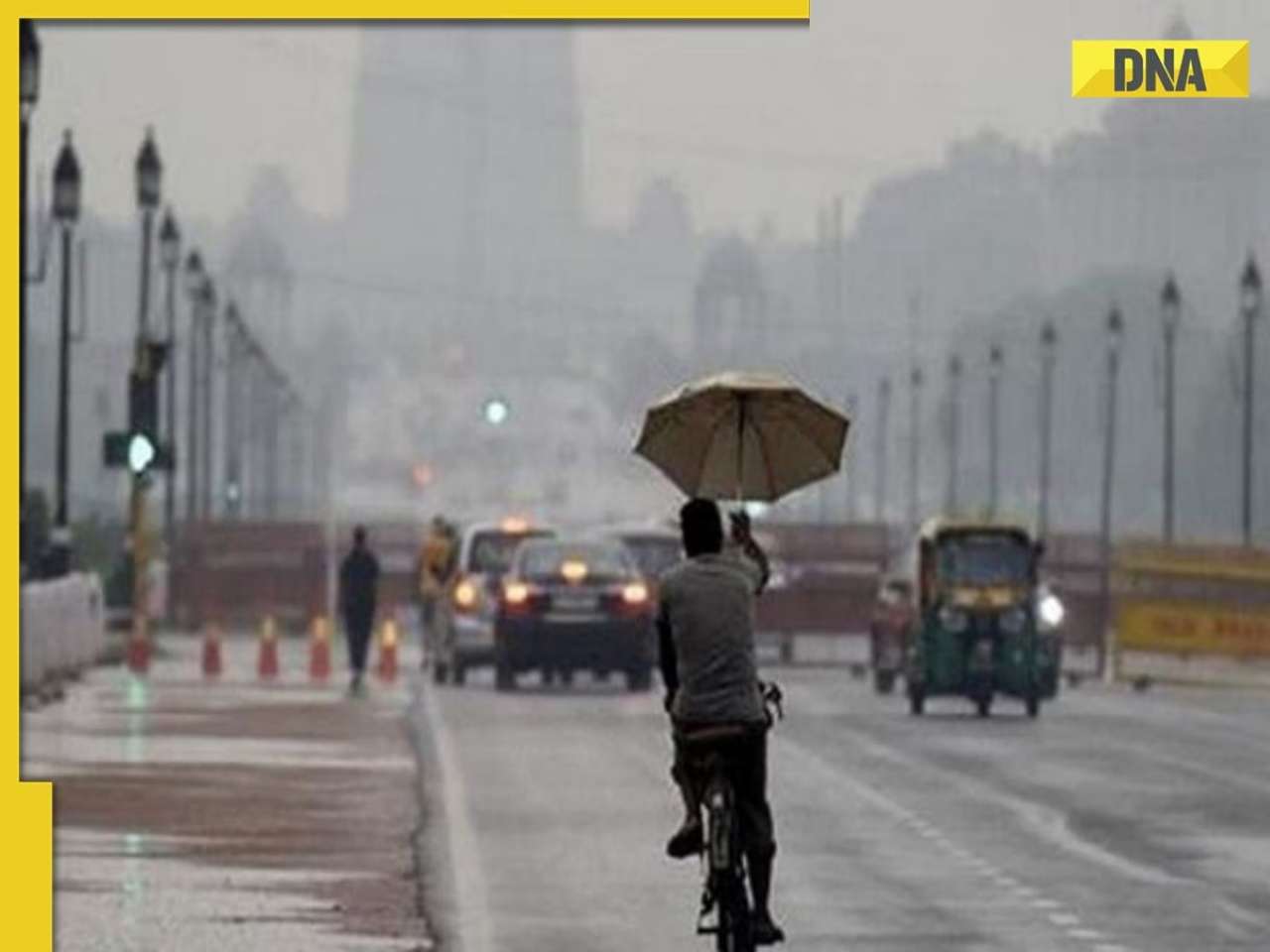


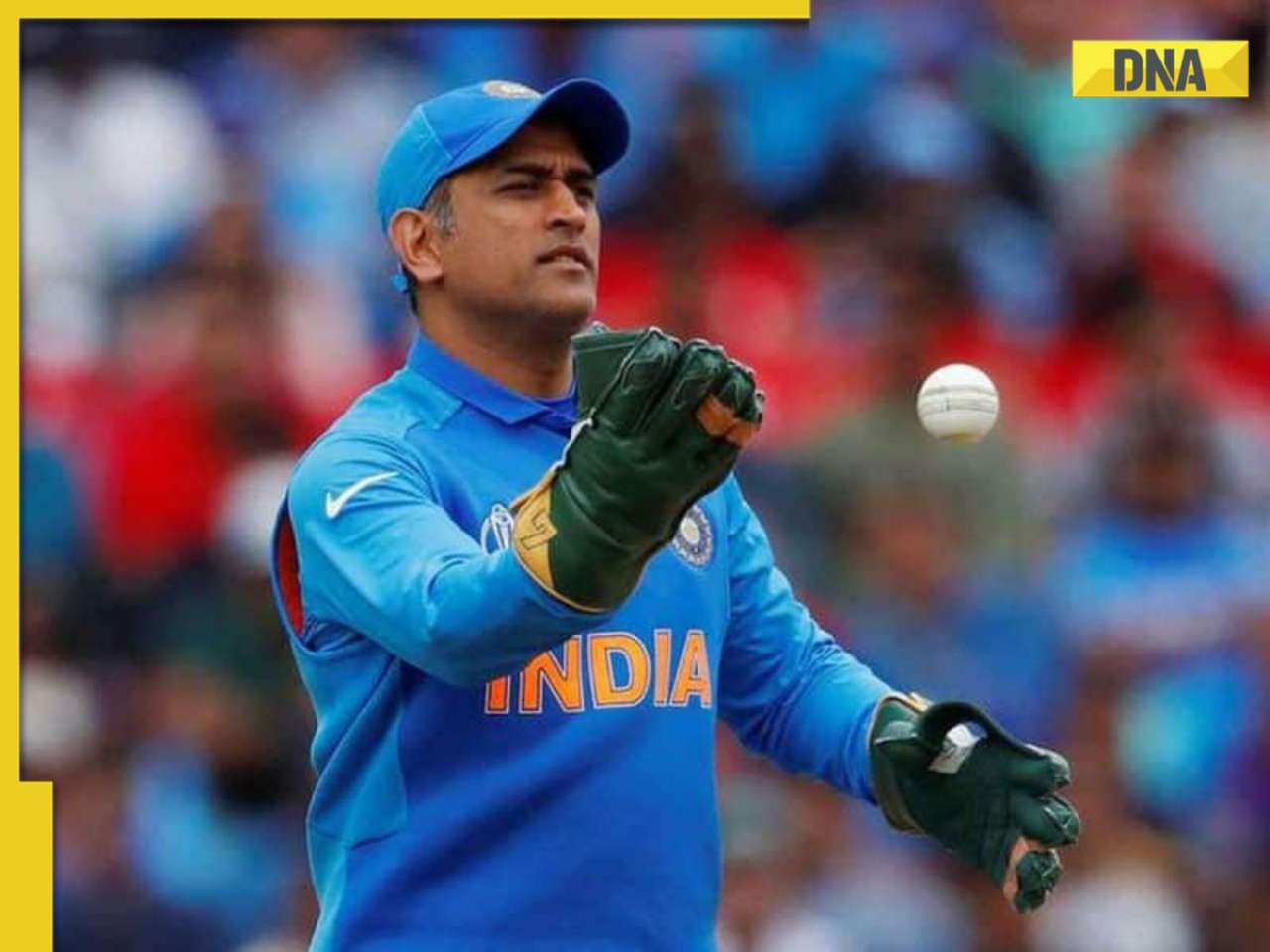






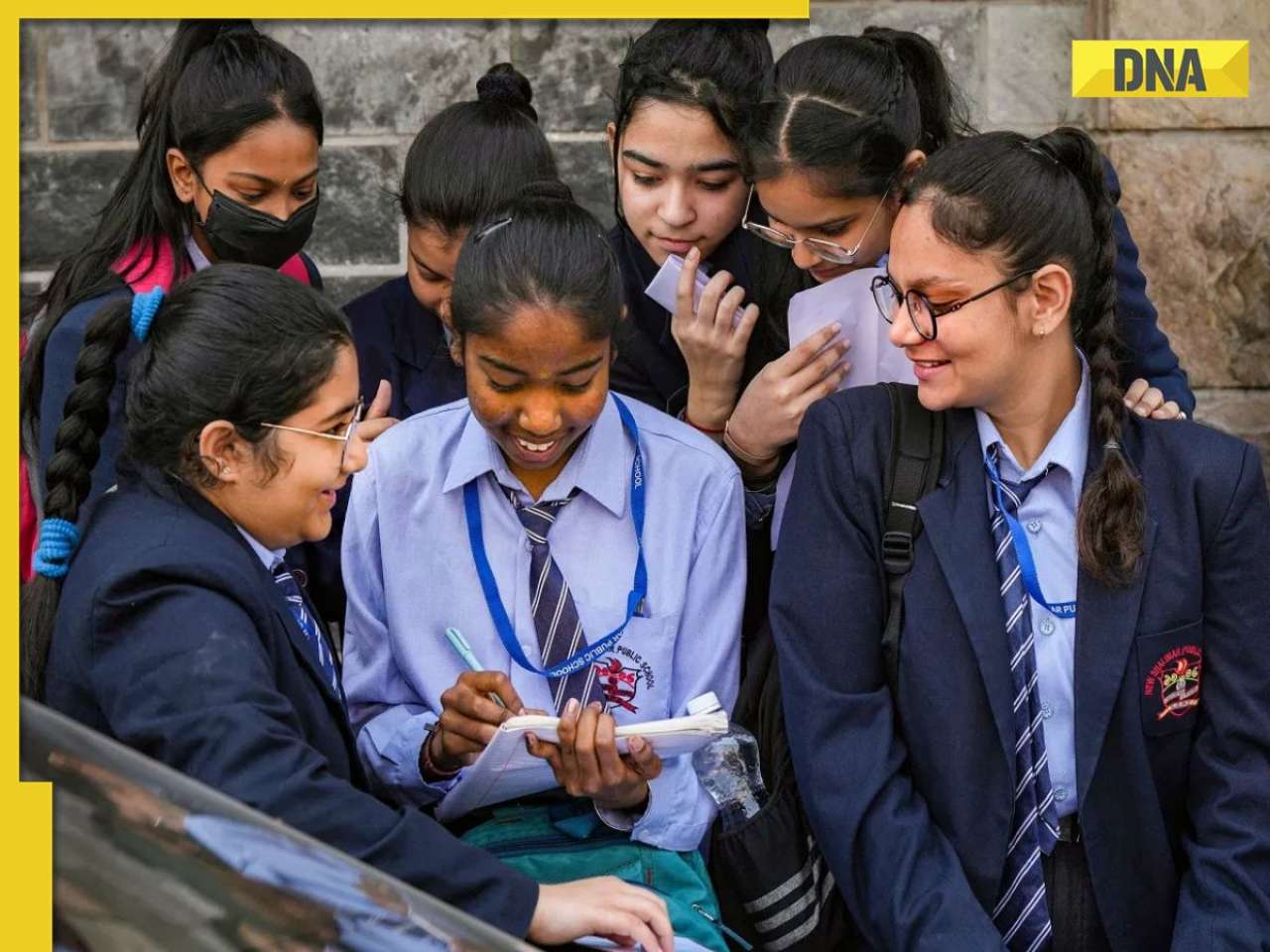
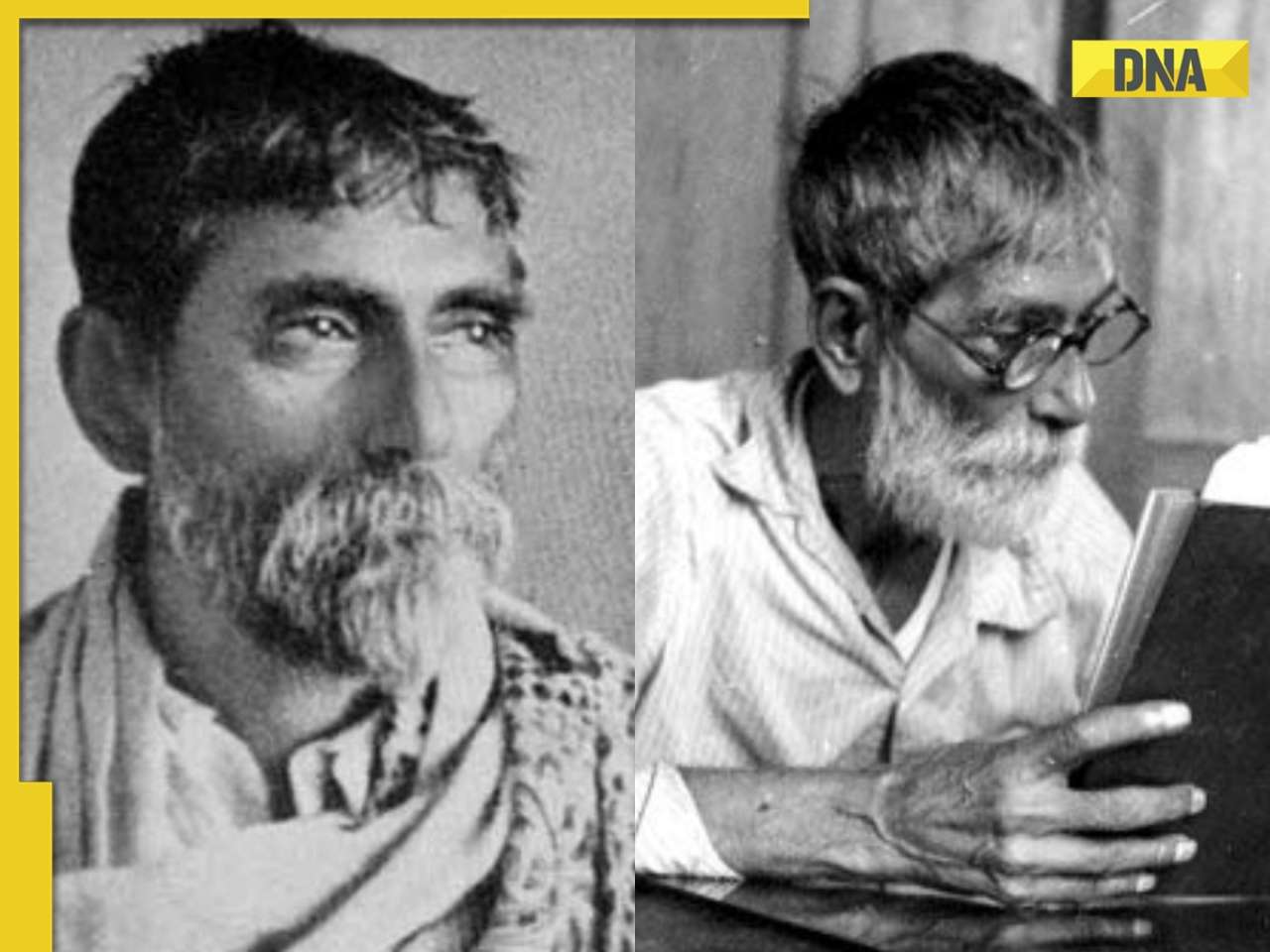
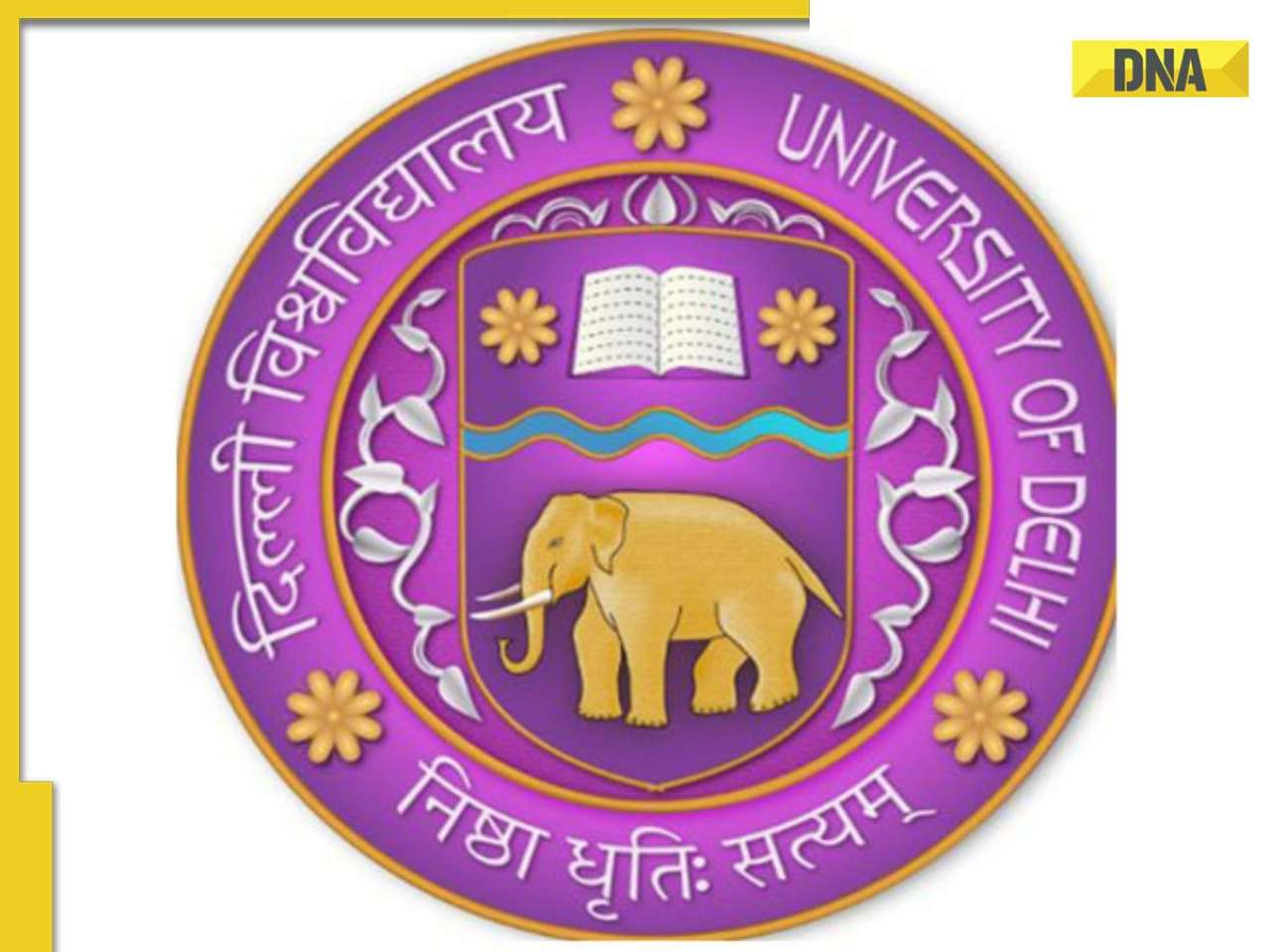




















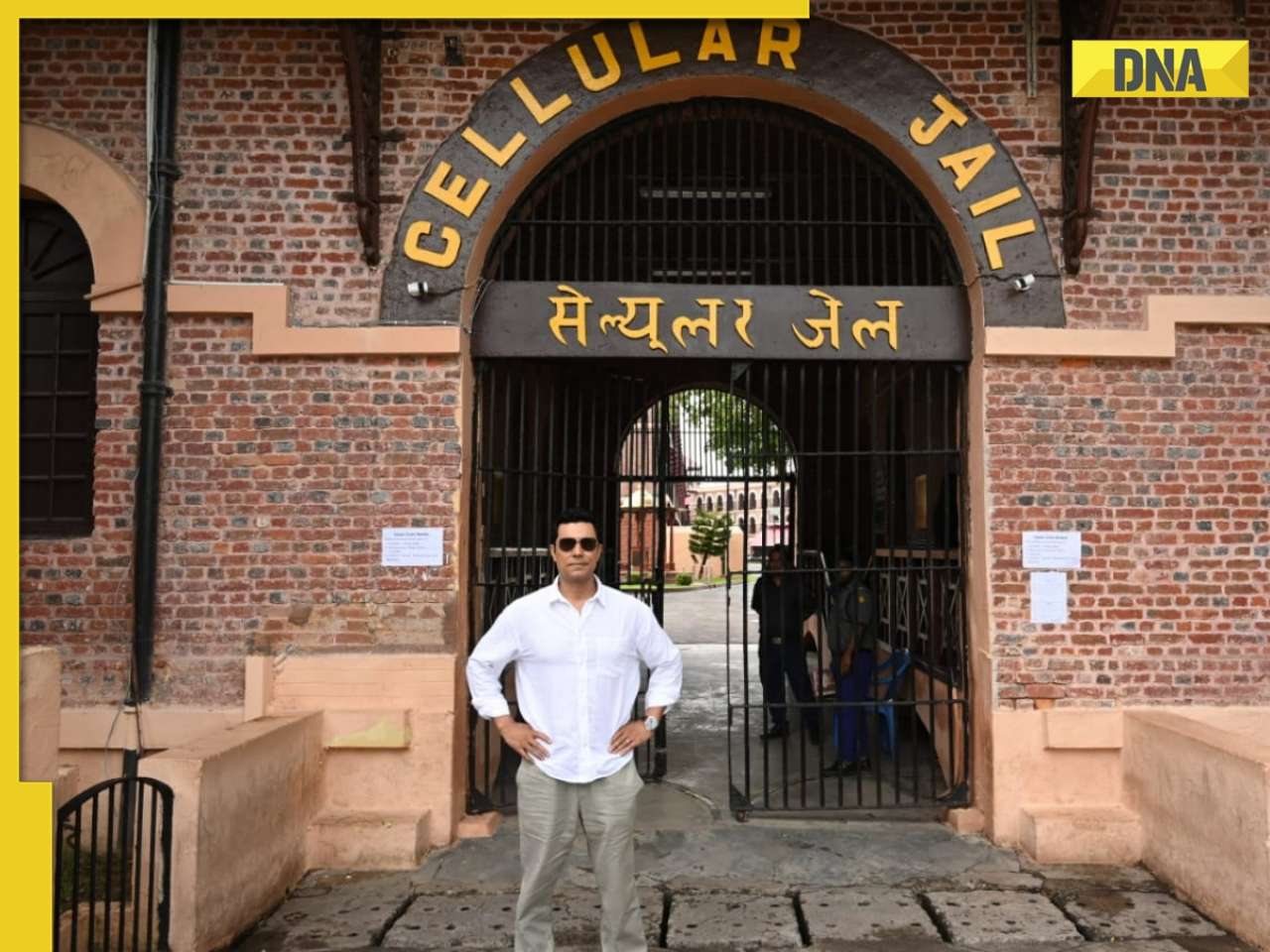






)




)
)
)
)
)
)